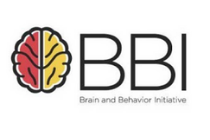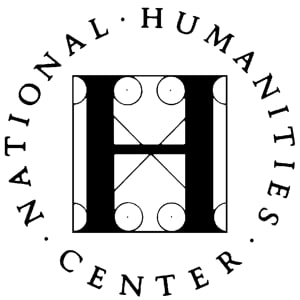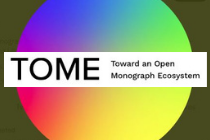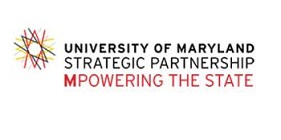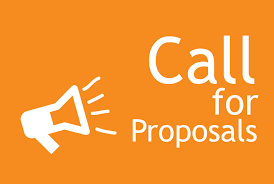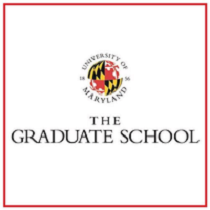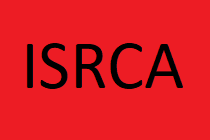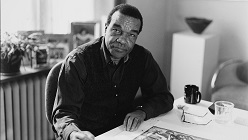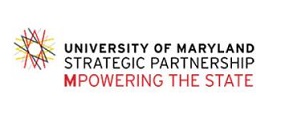OVERVIEW
The Brain and Behavior Institute (BBI) at the University of Maryland (UMD) advances neuroscience by fostering collaboration with diverse partner disciplines, developing cutting-edge tools and promoting the translation of basic science. The BBI seed grant program promotes this mission by cultivating new collaborations among neuroscientists, engineers, computer scientists, mathematicians, physical scientists, cognitive scientists and humanities scholars. The program funds innovative collaborative work focused on solving the most pressing problems related to nervous system function in development and aging, and it enables the generation of pilot data to increase competitiveness for external awards. To date, BBI seed grant investments have yielded an over 700% return in funding from government and private organizations, including the NIH BRAIN Initiative, National Institute on Aging, National Institute of Allergy and Infectious Diseases, National Institute on Deafness and Other Communication Disorders, National Center for Complementary and Integrative Health, National Institute for Mental Health, National Science Foundation, Air Force Office of Scientific Research, Brain and Behavior Research Foundation, AT&T, and Lieber Institute for Brain Development
GUIDELINES FOR PROPOSALS
Priority for funding will be given to proposals that target one of the two BBI research foci identified for growth and expansion: neuro-development or neuro-aging. Neuro-development and neuro-aging are the two temporal epochs most critical to the acquisition and maintenance of sensation, perception, cognition, mental health and physical health as well as most vulnerable to disruption by changes in the internal or external environment. Proposals should be high-risk, high-impact exploratory research to collect pilot data necessary to compete for external funding from sources that support innovative and interdisciplinary projects, such as the BRAIN Initiative and ARPA-H, or for funding by agencies such as NIH, DARPA, IARPA, NSF, etc. Proposals have a maximum budget of $150,000 for 12 months.
PI Eligibility
All proposals must be multidisciplinary with at least two Principal Investigators (PI), both of whom are tenured, tenure-track or professional track faculty at UMD. Having multiple PIs from the same department on the same application is discouraged. Individuals with postdoctoral titles are not eligible to be PIs but can be included in the proposal team. Outside collaborations (UMB, NIH, etc.) are allowed (as co-investigator, collaborator, etc.), but non-UMD investigators cannot be PIs, and no money will be awarded to support non-UMD investigators. Individual investigators may participate in up to two proposals, and if two proposals are awarded to one PI, the funding for each proposal will be administered separately.
STATEMENT OF INTENT
All applicants are asked to provide a brief Statement of Intent prior to submission of a full proposal. Please provide a 2-3 sentence summary of your proposal, which will be used to assist the BBI in the recruitment of external reviewers with the appropriate expertise. Please send the Statement of Intent to bbiumd@umd.edu by Friday, October 1, 2021. Full proposals are due Friday, October 29, 2021.
See below for BBI 2021 Seed Grant RFP.
Questions should be directed to bbiumd@umd.edu.

